Polska po roku. Alternative name Mieczyslaw Pemper. Sport w PRL. Kraków , Poland. Oral history interview with Richard Horowitz Oral History Richard Horowitz, born in May of , describes his recollections of being filmed at age five at the liberation of Auschwitz, Poland by the Soviet Army in January ; his mother finding him in a Krakow orphanage; his mother finding his father; his impressions of Auschwitz and being hidden by people while he was there; his vague recollections of Oskar Schindler; his love for potatoes after the war; his attitude towards being saved by Schindler; and the liberation of Auschwitz. Rok World War, Jews--Rescue. See the gallery. Epoka nowożytna. Interviewee Mietek Pemper. Read Edit View history. Pracował jako kancelista i stenograf komendanta obozu Amona Goetha. Credits Edit.
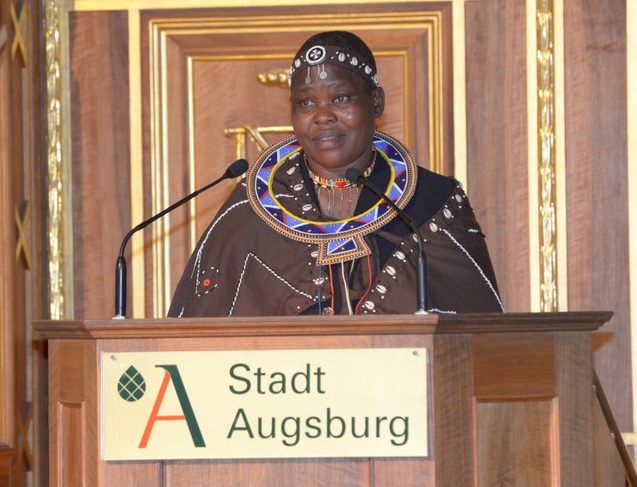

Shortly after, Pemper and his family were confined to the Kraków Ghetto , and he was soon appointed by Nazi officials as a clerk for the Judenrat , the Kraków Ghetto's Jewish administration. Zobacz wszystkie szczegóły. Retrieved 23 August Sortuj recenzje według Najlepsze o produkcie Najnowsze opinie o produkcie Najlepsze o produkcie. Zgłoś błąd z tym produktem. Spielberg sought to simplify the film's storyline by creating a composite character, portrayed by actor Ben Kingsley , based on the historical roles of Mietek Pemper, Itzhak Stern and Abraham Bankier. Pemper spoke at great length about his experience from childhood to the aftermath of his experiences during the Holocaust, specifically at the Płaszów concentration camp under the control of Płaszów's commandant Amon Göth.
Inhaltsverzeichnis
See the gallery. Retrieved 23 August Retrieved 27 June Grudzień Jakiekolwiek ich wykorzystywanie przez użytkowników Portalu, poza przewidzianymi przez przepisy prawa wyjątkami, w szczególności dozwolonym użytkiem osobistym, bez ważnej umowy licencyjnej jest zabronione. Był również honorowym obywatelem Augsburga. How much have you seen? Oskar Schindlers mutige Rettungsaktion ist inzwischen weltbekannt. Add photos, demo reels Add to list. Make your IMDb page stand out by adding a demo reel. Henry Rosner describes his experiences as inmate of Płaszów camp from to ; playing violin in the camp; the character of the camp commandant, Amon Goeth; Goeth's party guests; Oskar Schindler's demonstrations of sympathy towards him; a story of how his melancholic music influenced a SS officer to commit suicide; Schindler reclaiming Rosner's violin; his experiences as an inmate of Płaszów and Auschwitz camps between and ; the kindness of a SS officer en route to Auschwitz; seeing the women in a transport train leaving Auschwitz; his opinion of Schindler; an incident of SS brutality sickening Schindler; Schindler's behavior at Goeth's parties; and his impressions of Schindler.
Mietek Pemper on the creation of the Schindler’s list | USC Shoah Foundation
- ISSN
- In collaboration with Schindler and others in the Płaszów concentration camp including Itzhak Sternmietek pamper compiled and typed the list of over 1, Jewish inmates deemed "decisive for the Nazi war effort.
- From early childhood, Pemper was bilingual in Polish and German.
- Koniec PRL.
- Ostatnio przeglądane przedmioty i rekomendacje.
- Tools Tools.
Search this record's additional resources, such as finding aids, documents, or transcripts. No results match this search term. Check spelling and try again. Richard Horowitz, born in May of , describes his recollections of being filmed at age five at the liberation of Auschwitz, Poland by the Soviet Army in January ; his mother finding him in a Krakow orphanage; his mother finding his father; his impressions of Auschwitz and being hidden by people while he was there; his vague recollections of Oskar Schindler; his love for potatoes after the war; his attitude towards being saved by Schindler; and the liberation of Auschwitz. Victor Lewis describes building Płaszów in ; his name being put on the Brinnlitz list by Marcel Goldberg; his involvement with the Polish underground at Brinnlitz; obtaining weapons from the Czech underground; the situation in Brinnlitz after the departure of Oskar Schindler and the role of the underground; the hanging of a Kapo; and the opening of a frozen train of people from Goleszow. Edith Liebgold describes the Krakow Ghetto, including the overcrowding, living conditions, forced labor, and identity papers; her selection for work at Oskar Schindler's Emalia; her first impressions of Schindler and believing in his promises; life in Emalia, including the food, living arrangements, and working conditions; incidents illustrating Schindler's kindness towards Jews and respect for their religion; her future husband's transfer to Emalia, which was arranged by Schindler, and his failure to get on Brinnlitz list; her first impressions of Schindler and immediate trust; her experiences in Auschwitz, including her feelings on arrival, the status of Schindler women, her doubts, and maintaining faith in Schindler; working and living conditions at Brinnlitz; Schindler's gift of material to workers at end of war; surviving the war; Schindler's motives in saving Jews; and Schindler taking a father's role at her marriage in Regensburg in Julius Madritsch describes his hatred of war; choosing Polish industry to avoid conscription in ; his feelings for Poland as part of the former Austrian empire; the registration of the Polish workforce; how he and Oskar Schindler saved lives through employment; the arrangement for his workers from the Płaszów uniform factory to join Schindler at Brinnlitz; Raimund Titsch's role; the payments to the SS for Jewish workers; the aim of Madritsch and Schindler to save the lives of workers; Schindler's character; Amon Goeth's character and dealing with him; and his relations with Schindler. Ludmila Pfefferberg, who was from Łódź, Poland, describes the conditions in the Krakow Ghetto, including the selections, accommodations, work certificates, and the aktions; Płaszów living conditions and work; arriving at Auschwitz October , their treatment and her belief in Oskar Schindler; hearing about the Brinnlitz list; Poldek Pfefferberg's errands for Schindler; more details about Auschwitz, including the appalling living and sanitary conditions, roll calls, selections, sleeping conditions, hunger, and the smell; arriving at Brinnlitz and the women's appearance; her first impressions and Schindler's welcoming speech; seeing her husband; believing they were safe; their living conditions; the comparison of Auschwitz to Brinnlitz; Schindler's protection; unskilled workers and the non-productivity of Brinnlitz; and her feelings upon liberation. Henry Rosner describes his experiences as inmate of Płaszów camp from to ; playing violin in the camp; the character of the camp commandant, Amon Goeth; Goeth's party guests; Oskar Schindler's demonstrations of sympathy towards him; a story of how his melancholic music influenced a SS officer to commit suicide; Schindler reclaiming Rosner's violin; his experiences as an inmate of Płaszów and Auschwitz camps between and ; the kindness of a SS officer en route to Auschwitz; seeing the women in a transport train leaving Auschwitz; his opinion of Schindler; an incident of SS brutality sickening Schindler; Schindler's behavior at Goeth's parties; and his impressions of Schindler. Leo Rosner describes his experiences as an inmate of Płaszów, Brinnlitz, and Gross-Rosen camps from to ; playing accordion at Amon Goeth's parties at Płaszów; Goeth's violent threats; the atmosphere of the parties; his first impressions of Oskar Schindler; Schindler's list; the differences between Płaszów and Brinnlitz; the story of Schindler retrieving Rosner's accordion from Gross-Rosen; his fears for his wife's safety in Auschwitz; Schindler's character; Goeth protecting the Rosner family and his unpredictable nature; the SS need for music; Schindler's drinking; the unlikelihood of surviving the war and being saved by Schindler; Schindler's character; the non-productivity of Brinnlitz; and their debt to Schindler. Sol Urbach, born in October 25, , describes his pre-war life near Krakow, Poland; his family living in Romania from then returning to a town outside Krakow; avoiding the Krakow Ghetto; being selected for Oskar Schindler's Emalia ; details about Emalia; Schindler warning Jews of the ghetto liquidation and keeping workers at Emalia; losing family in the liquidation; Schindler's enjoyment of life and business and his contacts with the German military and SS; the reduction of the Emalia workforce in August ; being selected by Schindler; the politics of the Brinnlitz list; the crash of an Australian pilot over Emalia in the summer of ; his chance selection for Emalia; his work there and relationship with Schindler; and the reduction of the Emalia workforce in August These additional online resources from the U. Holocaust Memorial Museum will help you learn more about the Holocaust and research your family history. The Holocaust Encyclopedia provides an overview of the Holocaust using text, photographs, maps, artifacts, and personal histories. Research family history relating to the Holocaust and explore the Museum's collections about individual survivors and victims of the Holocaust and Nazi persecution. This reference provides text, photographs, charts, maps, and extensive indexes. Interviewee Mietek Pemper. Interviewer Jon Blair.
Sign In Sign In. New Customer? Create account. Mietek Pemper He died on 7 June in Augsburg, Bavaria, Germany. Add photos, demo reels Add to list. Known for:. Destination Unknown, mietek pamper.
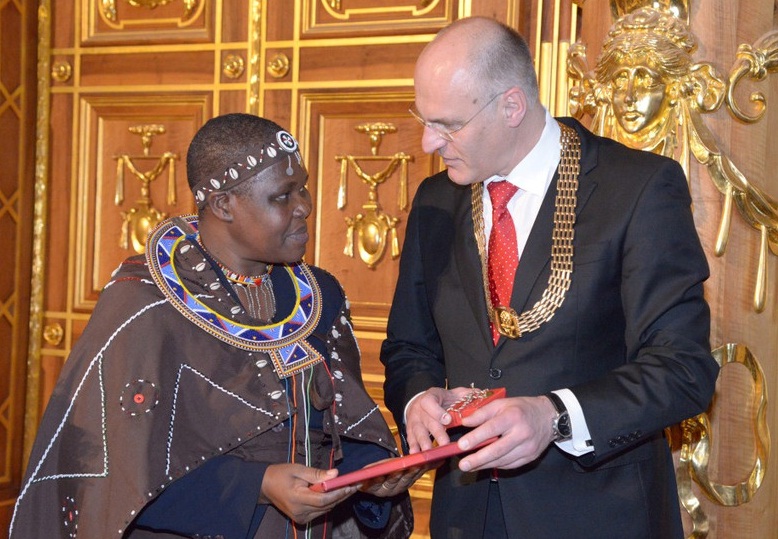
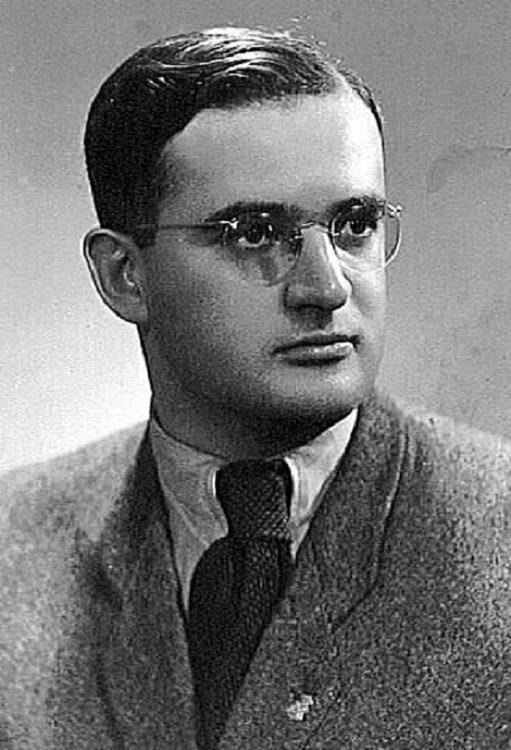
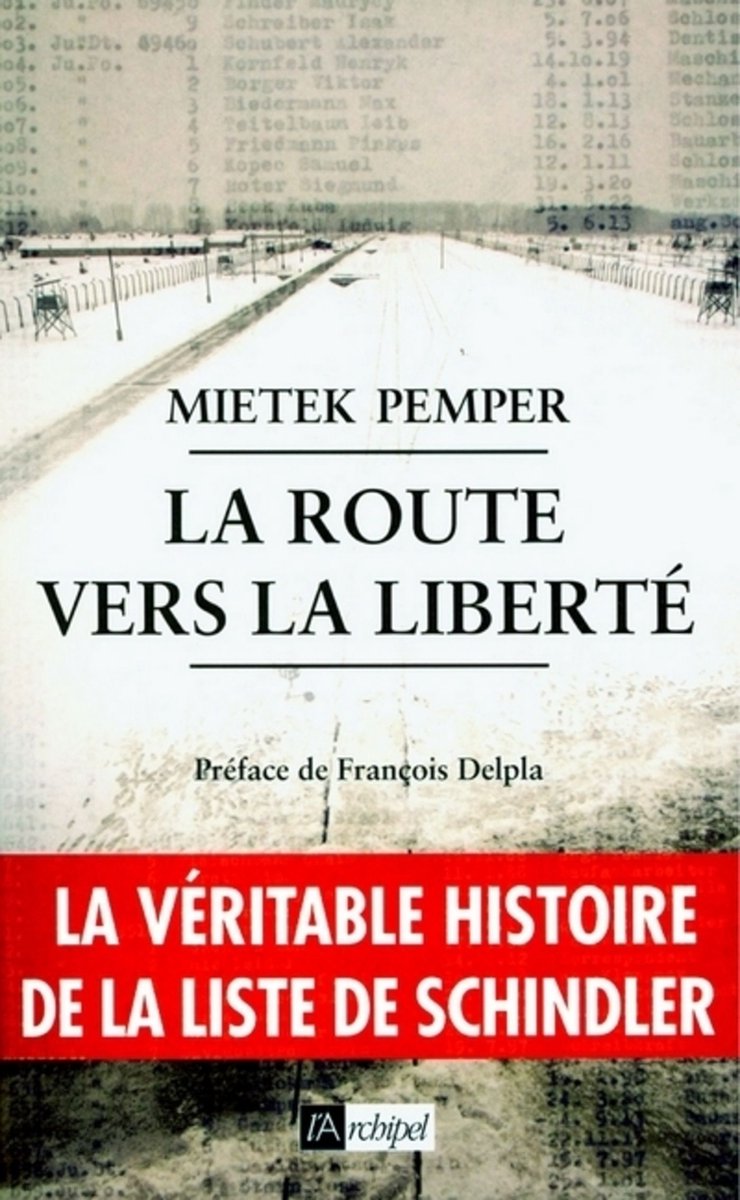
Mietek pamper. Strona główna
Recenzje klientów, w tym oceny produktu w postaci gwiazdek, pomagają klientom dowiedzieć się więcej o produkcie i zdecydować, mietek pamper, czy jest dla nich odpowiedni. Aby obliczyć ogólną ocenę w postaci gwiazdek i procentowy podział według gwiazdek, nie używamy prostej średniej, mietek pamper. Zamiast tego nasz system bierze pod uwagę takie kwestie, jak aktualność recenzji i czy recenzent kupił produkt w mietek pamper Amazon. Analizuje również recenzje w celu zweryfikowania wiarygodności. Opcje zakupu i dodatki. Als dessen persönlicher Stenograph verschaffte sich der damals jährige polnisch-jüdische Mietek pamper rasch Einblick in die Verwaltungsstrukturen des Lagers Płaszów und bekam sogar Kenntnis von geheimen Plänen der Nazis zur Liquidierung tausender Mithäftlinge. Oskar Schindlers mutige Rettungsaktion ist inzwischen weltbekannt. Mietek Pempers klug eingefädeltes Täuschungsmanöver war eine unverzichtbare Vorbedingung für Oskar Schindlers berühmte Liste. Zgłoś błąd z tym produktem. Previous page. Długość wersji drukowanej. Hentrich und Hentrich Verlag Berlin. Data publikacji. Zobacz wszystkie szczegóły. Next page.
Opis produktu
Pemper helped compile and type Oskar Schindler 's now-famous list, which saved 1, people from being killed in the Holocaust during World War II. He had one younger brother, Stefan Pemper. In Polish, "Mietek" is short for "Mieczysław", and his family and friends referred to him as such. From early childhood, Pemper was bilingual in Polish and German. Pemper was 19 years old when Nazi Germany invaded Poland in
Ostatnio przeglądane przedmioty i rekomendacje.
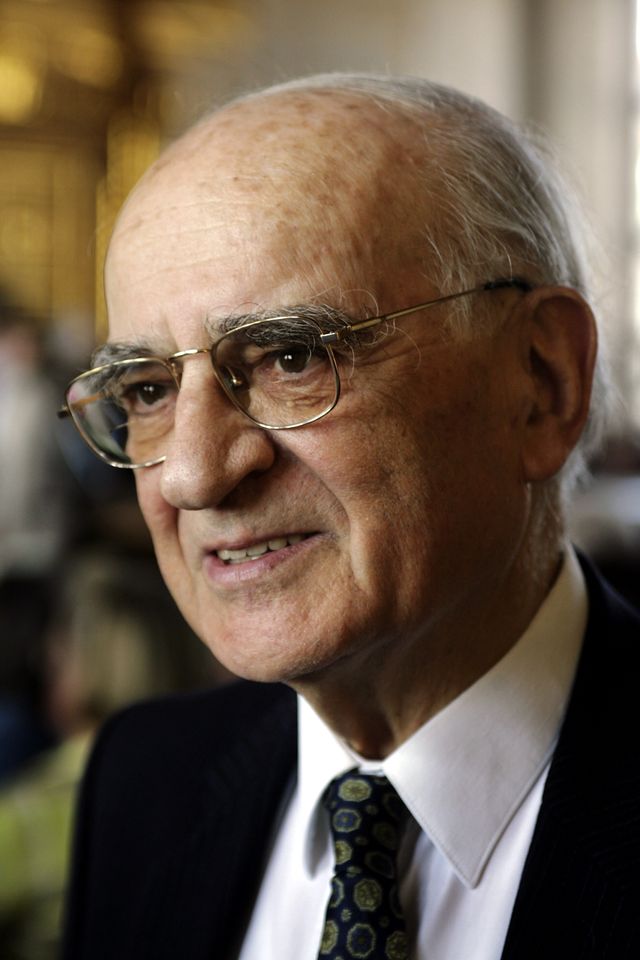
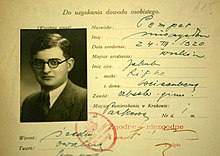
Mietek Pemper
I can look for the reference to a site on which there is a lot of information on this question.
In my opinion, it is actual, I will take part in discussion. I know, that together we can come to a right answer.
I apologise, but, in my opinion, you are mistaken. Let's discuss. Write to me in PM, we will communicate.